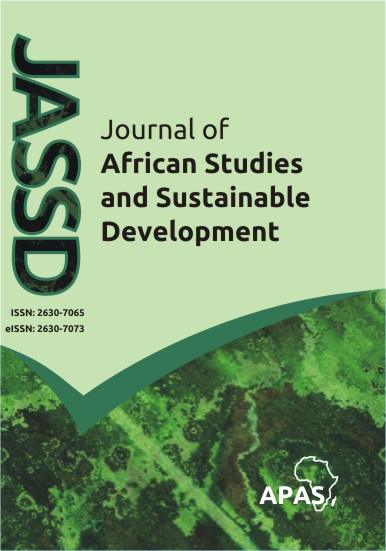 Journal of African Studies and Sustainable Development (JASSD) (Vol. 7 No. 4, 2024)
NOLLYWOOD'S BOX OFFICE IN THE AFRICAN ECONOMIC PARADIGM: A THEORETICAL VISIONING OF GLOBAL FUTURE
Journal of African Studies and Sustainable Development (JASSD) (Vol. 7 No. 4, 2024)
NOLLYWOOD'S BOX OFFICE IN THE AFRICAN ECONOMIC PARADIGM: A THEORETICAL VISIONING OF GLOBAL FUTURE
ABSTRACT
At a time during the coronavirus pandemic, COVID'19, Nigeria's cinema sector ranked among few businesses in Africa that posted positive revenue returns with $11 Billion annual business value in box office. The j that propelled that sector into such showing speaks to depth and aggressive drive. Before 2012, there were less than five cinemas serving the Nigerian market of over 160 million. This paper seeks to examine the business environment and models that lifted a nascent, bottom-of-the-rung Nollywood box office to leapfrog to an annual $11 Billion regional player eight years afterward. The objectives of this study include: determine if Nollywood box office applies corporate governance ethos; find out if Nollywood box office uses digital tools to scale operations; find out if Nigeria presents viable market prospect for regional competition; know if Nollywood box office has the requisite professional skills to drive competition; and learn if Nollywood box office can compete at regional and global levels. Two theories, Pareto Distribution Box Office theory by Arthur De Vany and Cultural Industries theory by David Hesmondhalgh apply. The mixed methods, availing qualitative and quantitative data were used. The paper concludes that Nollywood box office is characterized by gaps between ticketing and revenue as well as isolation of the bottom-of-the-pyramid members of the society in the business model. It recommends the expansion of the interventions by the Bank of Industry to attract more investors; review market strategy to cater for the bottom of the pyramid population.

